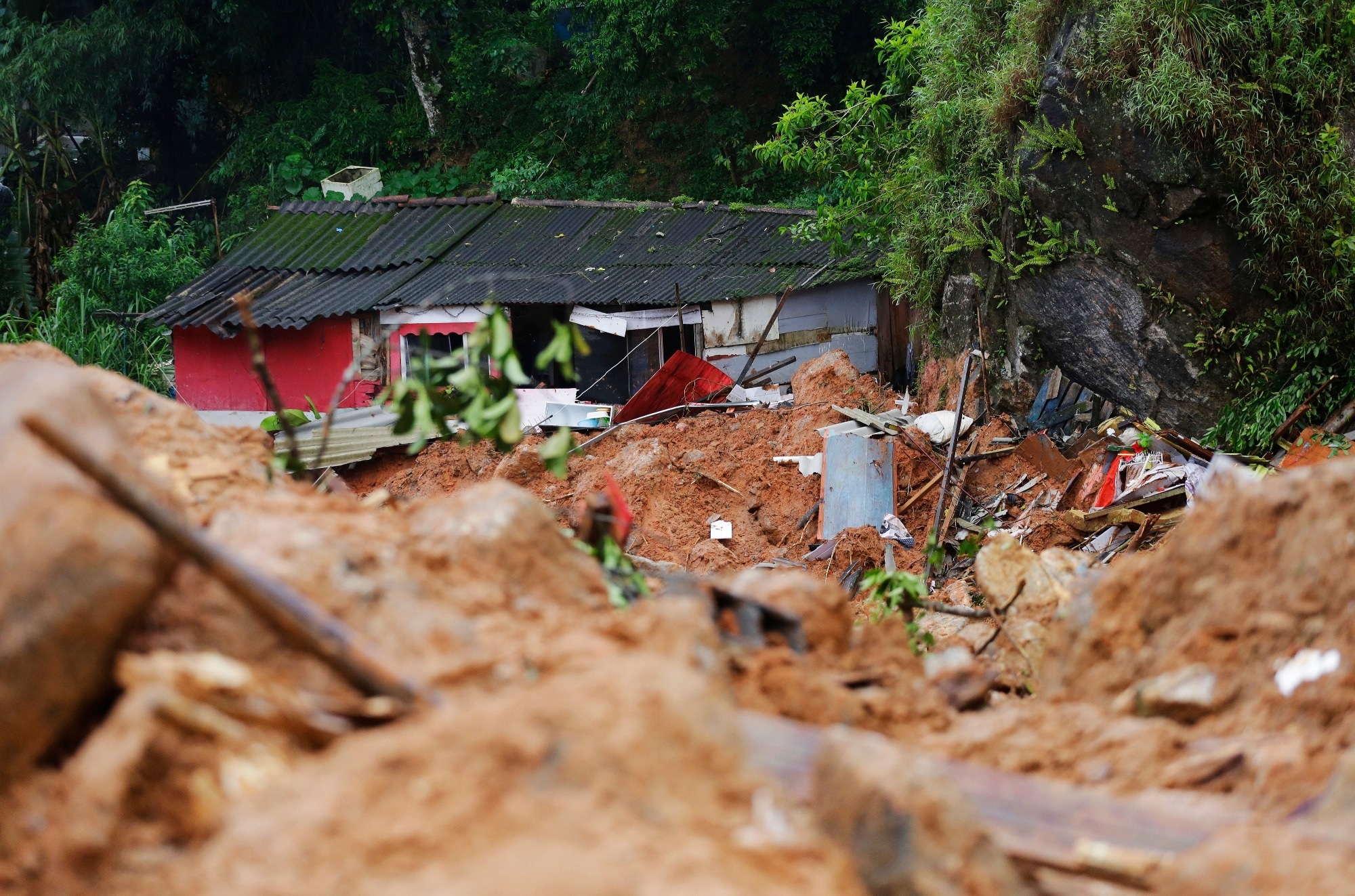The review revealed that the findings on the subject were limited, and the mechanisms through which extreme weather events impact maternal health in low-income regions need to be studied extensively.
 Study: Extreme weather events and maternal health in low-income and middle-income countries: a scoping review. Image Credit: Nelson Antoine/Shutterstock.com
Study: Extreme weather events and maternal health in low-income and middle-income countries: a scoping review. Image Credit: Nelson Antoine/Shutterstock.com
Background
The World Health Organization (WHO) defines maternal health as women's mental and physical health through pregnancy, childbirth, and postpartum periods. Optimal maternal health is intricately linked to the health of the infant.
However, despite the reduction in maternal mortality being a target of one of the sustainable development goals established by the United Nations, poor maternal health consists of many other facets than mortality alone.
Some forms of poor maternal health that also impact the health of the infant include high blood pressure, infection, and obstruction during labor. Mental health issues such as increased stress in the mother have been linked to spontaneous abortions, as well as low birth weight and developmental problems in the infant.
Maternal health can also be impacted by environmental conditions, such as extreme weather events that damage infrastructure and restrict access to medical care.
About the study
In the present review, the researchers aimed to understand how disruptions to infrastructure and restricted access to medical and health services due to extreme weather events impact maternal health in low- and middle-income countries.
Although previous reviews have examined the impact of extreme weather events such as extreme heat and floods on the health of the mother and child in various low-, middle-, and high-income settings, the focus of these reviews has been on birth outcomes and not maternal health.
The researchers conducted the current review to fill the gaps in knowledge on the current assessment of how extreme weather events such as floods, extreme temperatures, hurricanes, and fires impact maternal health, from pregnancy to postpartum health, in middle- and low-income countries.
Extreme weather events were defined in this study as weather variations uncharacteristic of the typical threshold for that geographical region, while the definition of maternal health conformed with that of the WHO, encompassing the health of the mother through the stages of pregnancy, childbirth, and six weeks into the postpartum period.
The extreme weather events considered as exposures in the review included tropical storms, floods, droughts, and extreme heat, among others.
The examined outcomes included various conditions that fall under the umbrella term of maternal health, such as gestational diabetes, pre-eclampsia, access to maternal health services, postpartum hemorrhage, as well as malnutrition.
The review only included studies on the impact of extreme weather events on the health of pregnant or postpartum women. Studies involving geophysical events such as tsunamis, earthquakes, and volcanic eruptions were excluded. Those that examined only infant or child health were also excluded. The review did not include policy or opinion pieces or studies based in high-income countries.
Results
The findings suggested that extreme weather events had a negative impact on the physical and mental health of the mothers by limiting access to medical services and causing stress and mortality.
A total of 15 studies were included in the review, of which four were quantitative while the remaining were qualitative. The quantitative studies showed that disruptions caused by extreme weather events restricted access to maternal health services, negatively affecting both the mental and physical health of the mothers.
The results from the qualitative studies, which included the perceptions of the women and their lived experiences, supported the findings from the quantitative studies.
The four major outcomes consistent across the quantitative and qualitative studies were problems in accessing maternal health services, malnutrition, stress, and mortality.
However, the review found limited evidence of the impact of extreme weather events on maternal health in low-income settings. Many of these studies, although set in middle- and low-income countries, examined outcomes such as stress among pregnant women residing in high-income settings.
The researchers believe that due to stark differences in the infrastructure and post-disaster support between high-income regions and middle- and low-income settings, these findings cannot be applied to mothers in middle- or low-income regions.
Conclusions
Overall, the study found that extreme weather events have a negative impact on maternal health, especially facets of physical and mental health such as stress, malnutrition, access to maternal health services, and mortality.
However, the evidence from middle- and low-income regions is lacking, and more research is required to understand how low resource availability further exacerbates these problems.